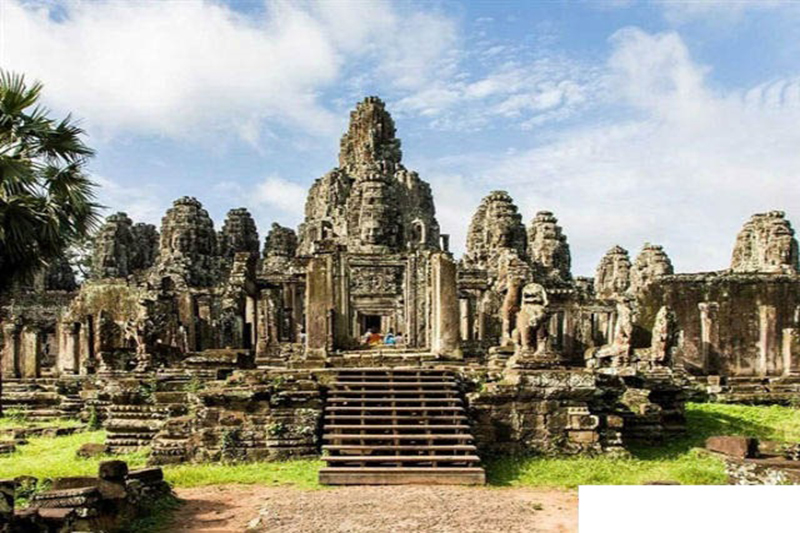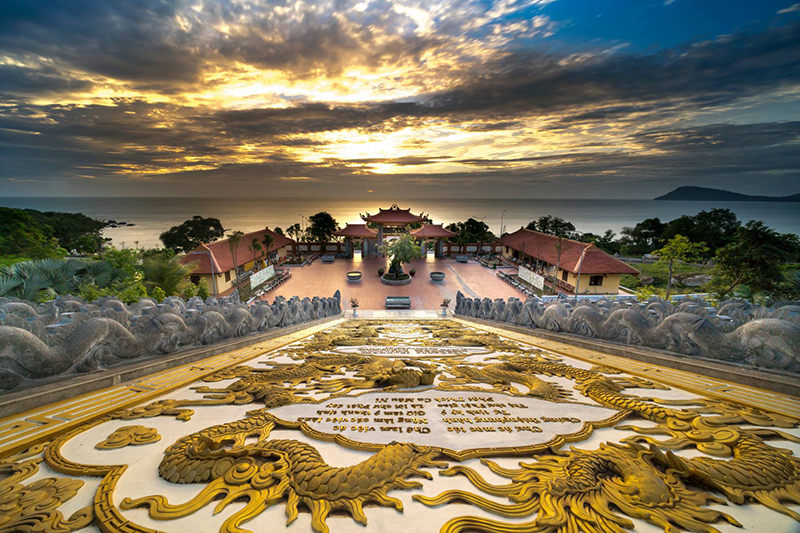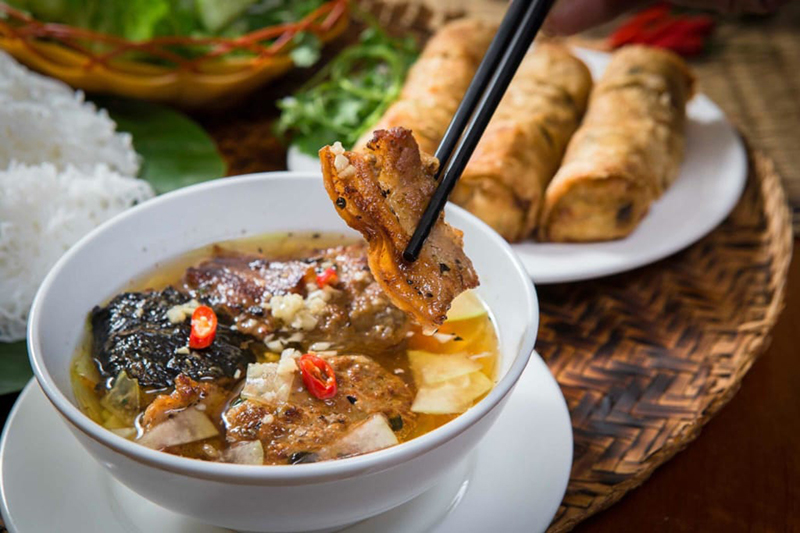-

Booking Tips for Hotels in Vietnam: What Every Traveler Should Know
-
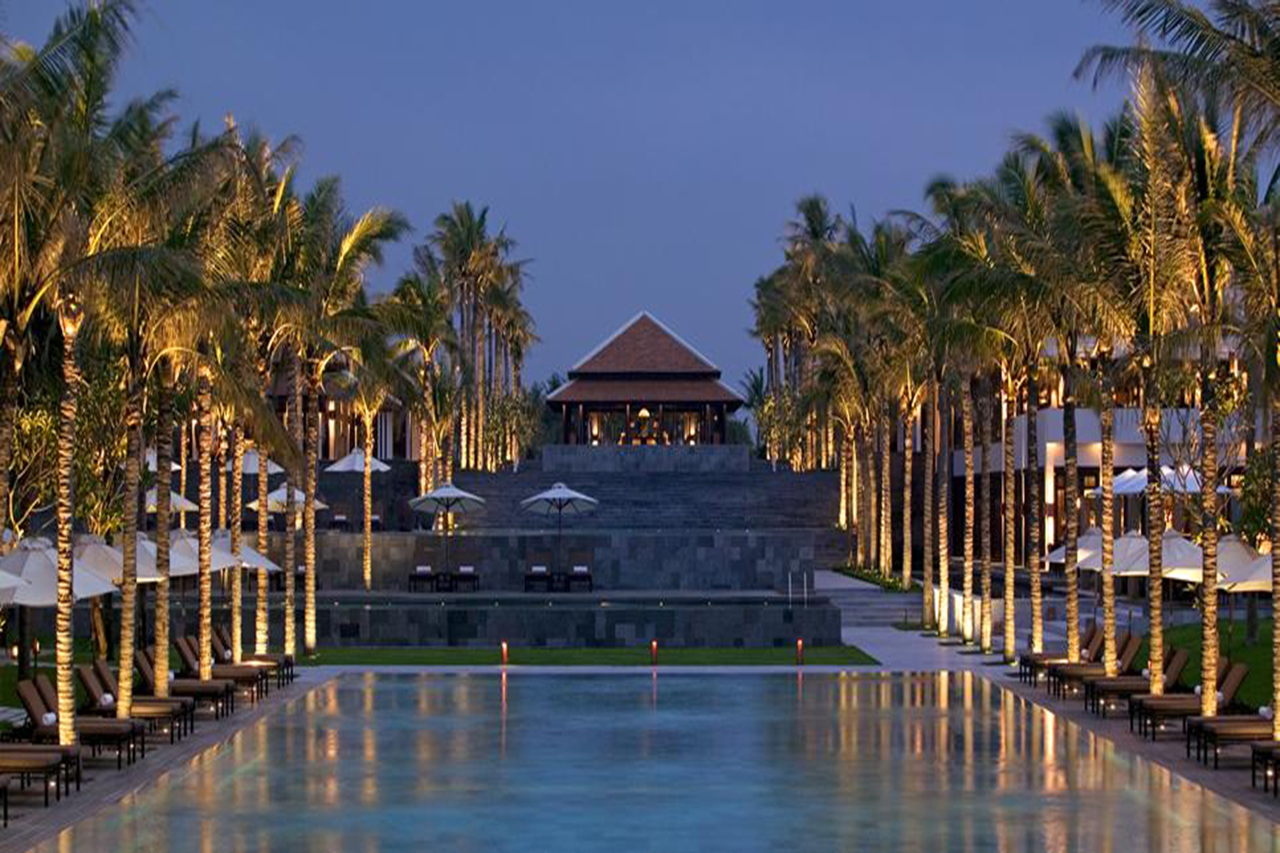
Exploring Local Culture Through Your Hotel Stay in Vietnam
-

Family-Friendly Hotels in Vietnam: Comfort for All Ages
-
.png)
Vietnamese Design Meets Global Comfort: Aesthetic Trends in Hotels
-
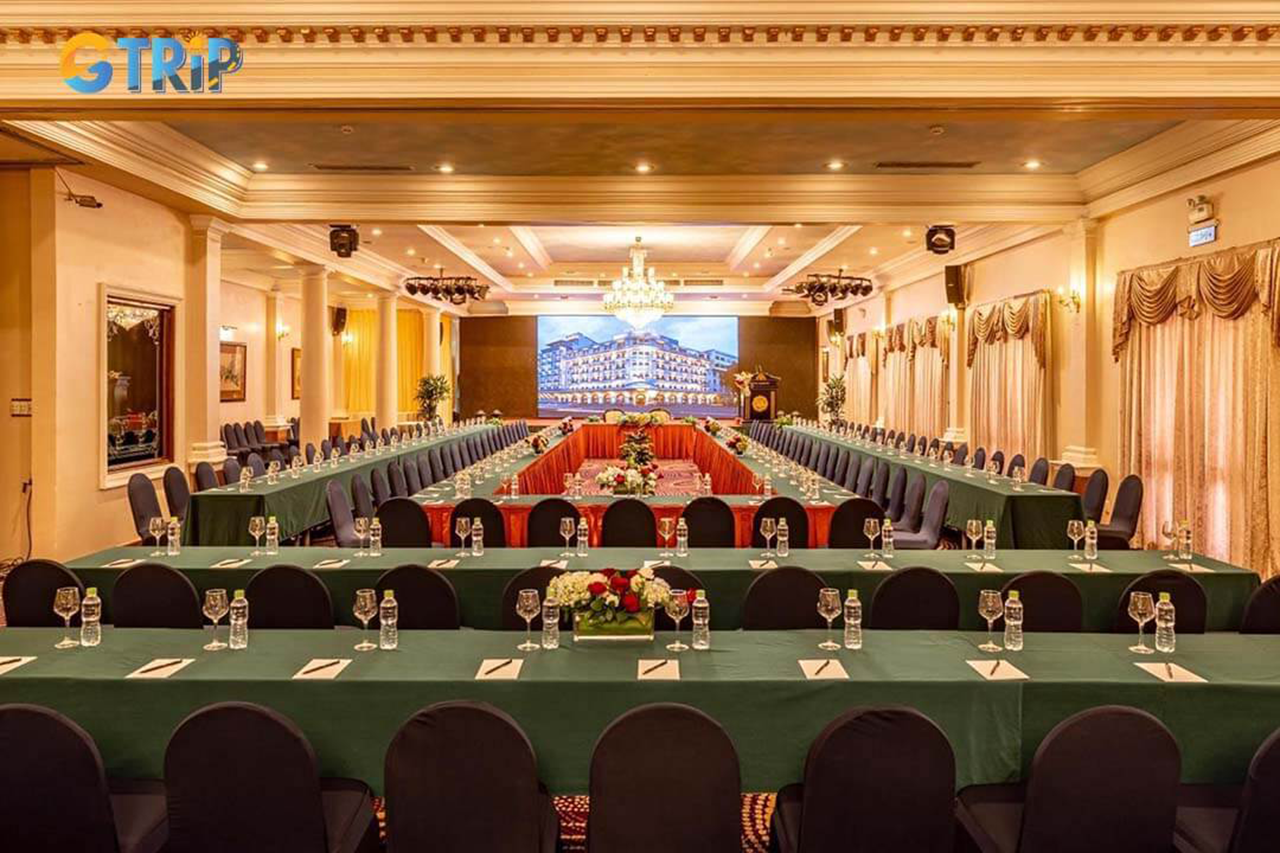
Business Travel in Vietnam: Hotels That Understand the Modern Professional
What Makes Vietnamese Hospitality Unique?
1. More Than a Smile: The Essence of Vietnamese Warmth
In Vietnam, hospitality is not just a service industry standard—it is a cultural value embedded in everyday life. Whether you're being welcomed into a 5-star hotel or invited into a rural homestay, the feeling is often the same: genuine, gracious, and warm. Vietnamese hospitality goes beyond politeness. It is rooted in traditions of respect, generosity, and human connection.
The Vietnamese phrase "khách đến nhà, không trà cũng bánh" ("Guests come to your house, even if you don’t have tea, you still serve cake") reflects the importance placed on hosting others with kindness, no matter the means.
2. A Culture of Respect and Politeness
Vietnamese society places high importance on hierarchy and interpersonal respect. This cultural foundation translates directly into hospitality. Hotel staff address guests with careful attention to honorifics, tone, and body language. You might notice the way receptionists bow slightly when greeting you, or how service staff place items gently and with two hands—small details that reflect a larger cultural practice.
Guests are often treated like family, especially in smaller properties or family-run establishments. It’s not uncommon for a hotel manager to personally offer tea, ask about your journey, or recommend local experiences with sincere care.
3. Local Connection in Every Detail
What sets Vietnamese hospitality apart is the deep sense of local identity it brings. From décor to cuisine to curated experiences, hotels across Vietnam often strive to reflect their region’s culture. A stay in Hue might include imperial court music in the background; a hotel in Sapa may offer embroidery workshops led by Hmong artisans.
Even large hotel chains increasingly adopt this localized approach, hiring staff from surrounding communities, serving regional specialties in restaurants, and promoting cultural sustainability through guest experiences.
4. Personalized Attention Without Pretense
Vietnamese hospitality is unpretentious and heartfelt. Staff are typically attentive without being intrusive, and helpful without being overly formal. Many guests remark on how hotel employees remember their names, dietary preferences, or activity choices. This level of attentiveness fosters a sense of connection and care.
Whether it’s a front desk agent offering help with a SIM card, a housekeeper arranging flowers into your towel, or a guide sharing his village’s story with genuine pride, these moments create powerful emotional bonds.
5. Generosity Beyond Expectation
Vietnamese hosts often go out of their way to make travelers feel welcome. It is not unusual for guests to be invited to join a family meal during a homestay, or for a hotel owner to offer a ride to the bus station. These gestures often arise naturally, not as part of a scripted experience but as a sincere extension of the Vietnamese spirit of giving.
Tipping is appreciated but not demanded, and gratitude is more often shown in smiles and shared stories than in expectations of financial reward.
6. Food as a Gesture of Hospitality
In Vietnam, food is love. And this love is abundantly expressed in the hospitality industry. Many hotels go to great lengths to prepare welcome drinks, daily snacks, or home-style breakfasts with local flavor.
Guests are often invited to:
-
Join cooking classes with hotel chefs
-
Participate in local food tours
-
Enjoy daily complimentary noodle soup or seasonal fruits
The emphasis on homemade, freshly prepared meals, especially in smaller hotels and resorts, creates a sense of warmth and homecoming.
7. Cultural Etiquette That Enhances the Experience
Vietnamese hospitality shines even brighter when guests understand and appreciate the cultural norms behind it. Removing shoes before entering a room, modest dress in temples, or accepting tea with both hands—these are not just rules, but signs of mutual respect.
Hotels often help guests navigate these customs, turning cultural differences into learning experiences and moments of meaningful exchange.
8. Resilience and Grace Under Pressure
Even during times of adversity—storms, floods, pandemics—Vietnamese hospitality has remained remarkably resilient. Hotel staff have been known to go to extraordinary lengths to care for guests during lockdowns, flight delays, or natural disruptions.
This strength, combined with humility and grace, reflects the enduring spirit of the Vietnamese people and their commitment to serving others.
9. Hospitality Rooted in Heritage
Unlike some destinations where service can feel corporate or transactional, Vietnam's hospitality is steeped in thousands of years of Confucian and Buddhist values: harmony, humility, compassion, and the importance of human relationships.
Many hotel owners see their role not just as businesspeople, but as cultural custodians. Hosting guests is both a livelihood and an opportunity to share the soul of Vietnam.
10. A Lasting Impression
For many travelers, what they remember most about Vietnam is not just the landscapes or the food, but the people. Hotel reviews often mention staff by name, recounting stories of kindness and unexpected help.
Vietnamese hospitality leaves a lasting mark because it is more than service — it is an act of connection. It's a welcome that feels like a reunion, a kindness that feels timeless.
In a world of automated check-ins and uniform service, Vietnam reminds us that the heart of hospitality still beats strong where culture and care meet.
Related articles

